This company profile of Anheuser-Busch InBev (AB InBev) reveals the unethical practices of the world’s largest beer producer. It provides examples of harmful methods across the categories of political interference, promotion, sabotage, manipulation, and deception – the Dubious 5 strategies.
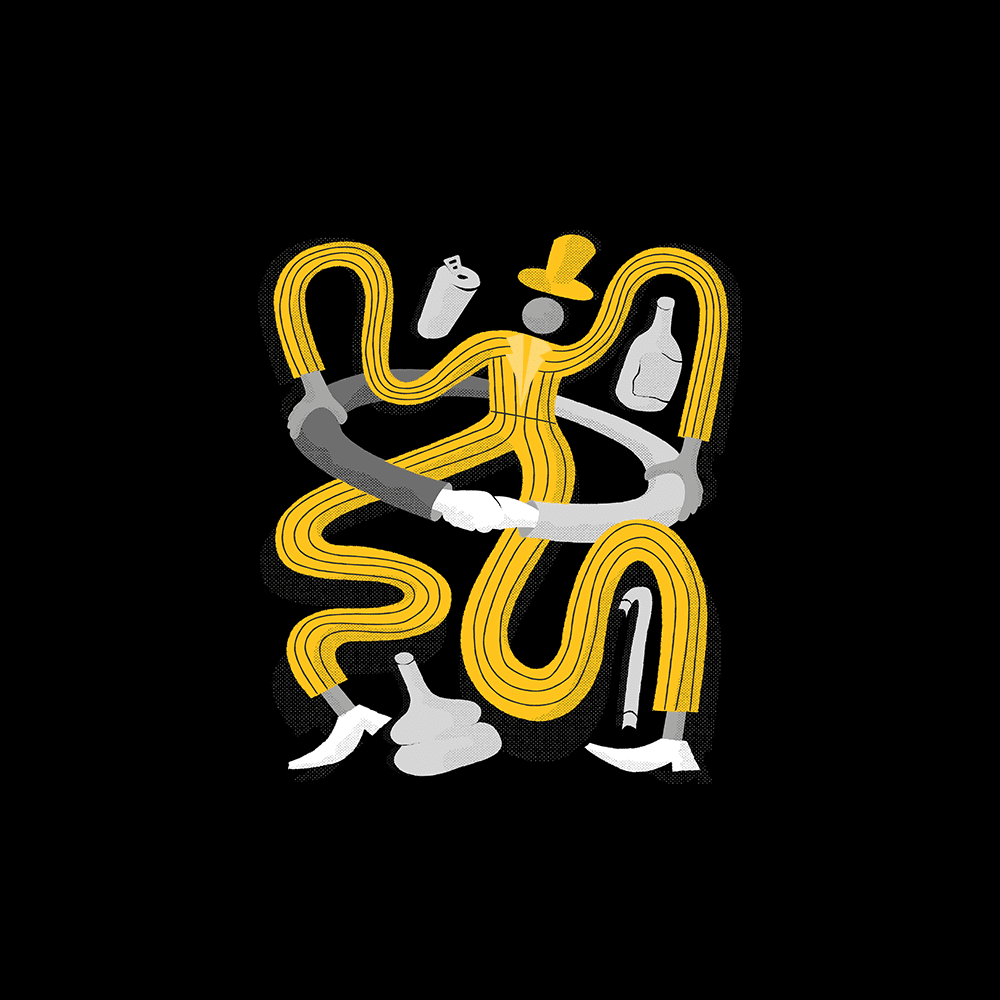
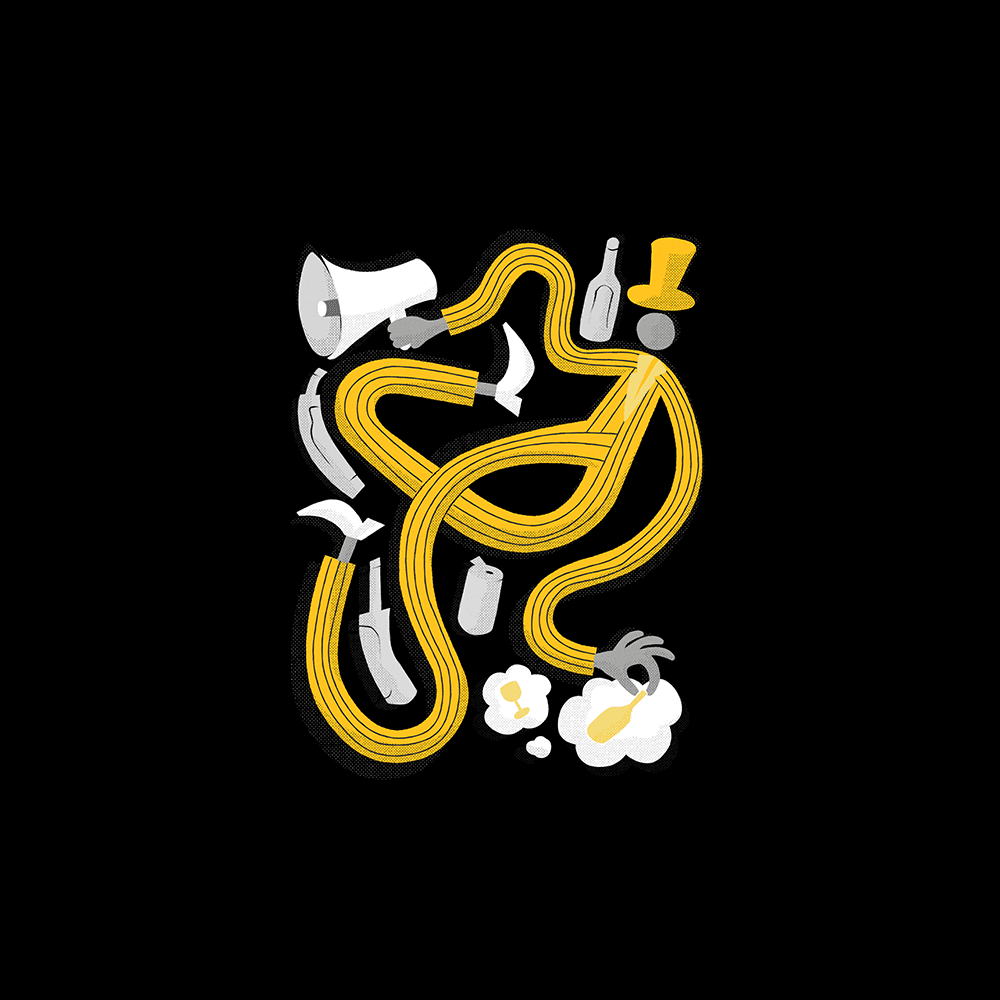
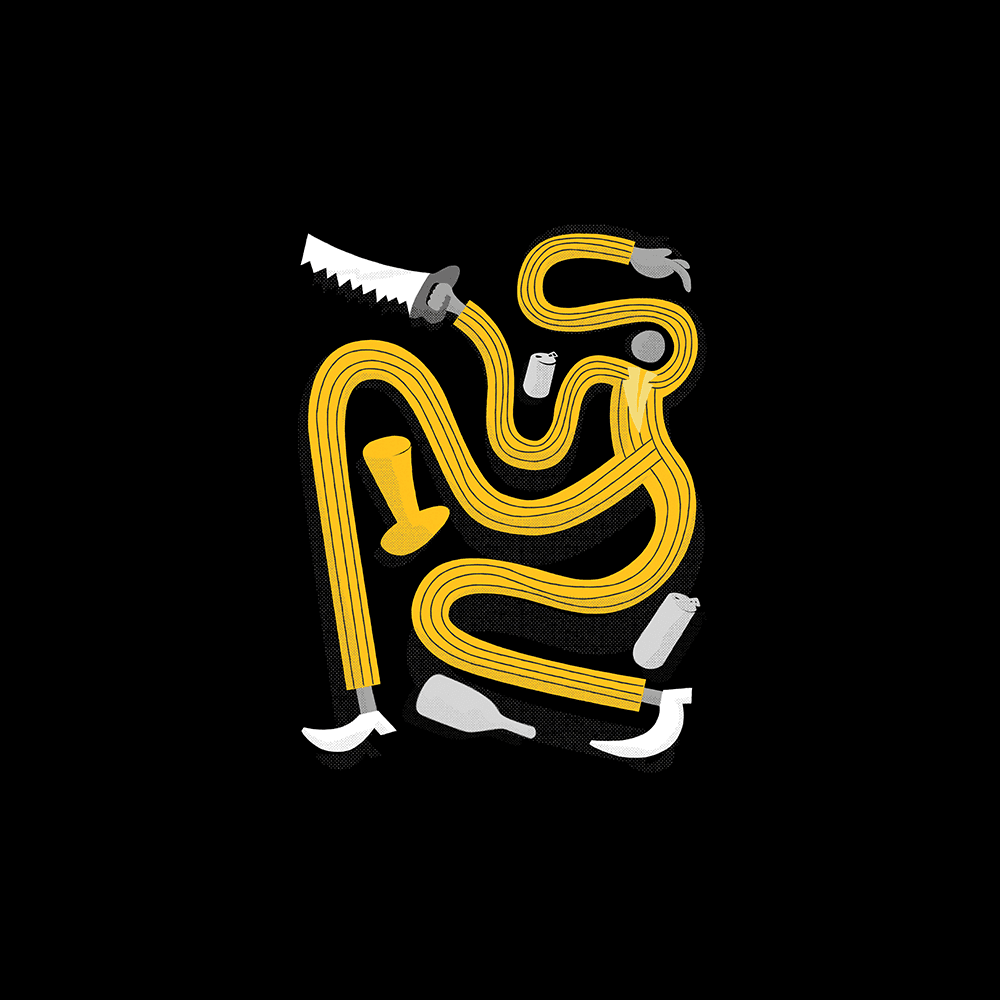
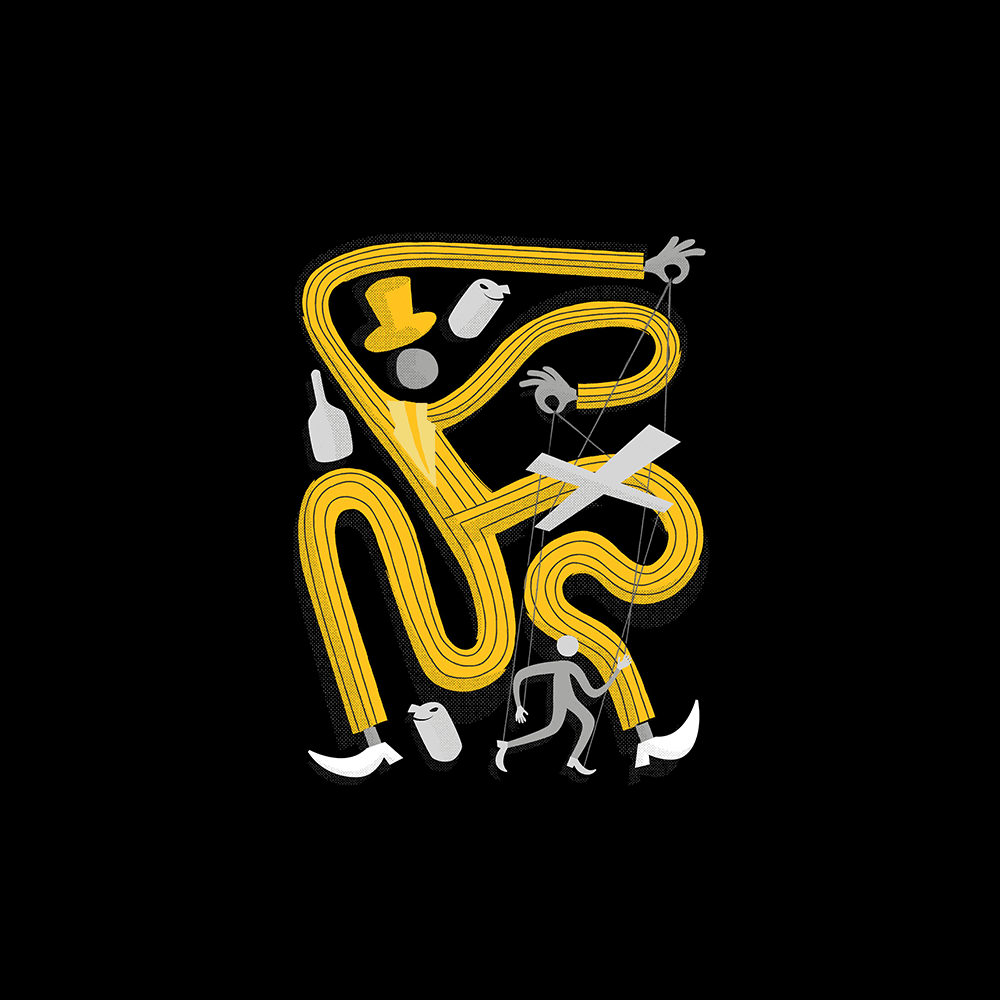
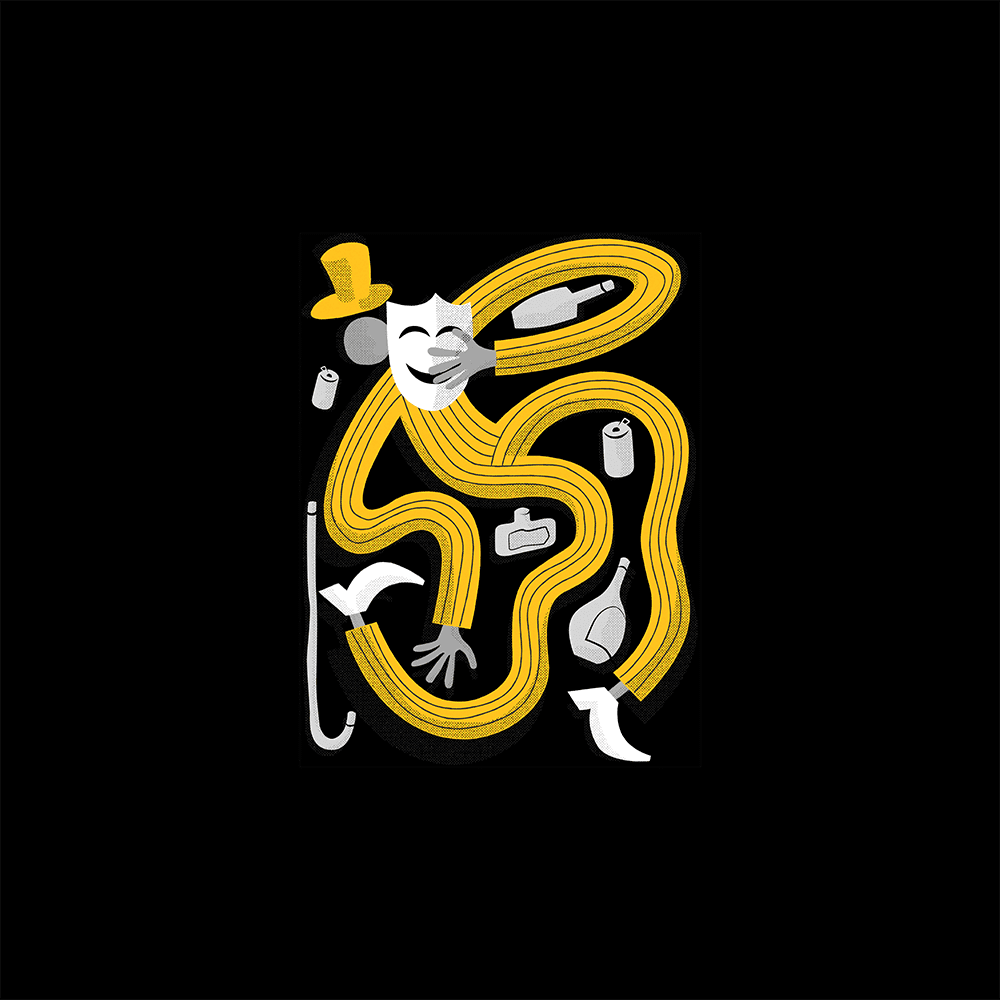
Introduction
AB InBev is a Belgian multinational beverage and brewing company based in Leuven, Belgium. It has a global functional management office in New York City, and regional headquarters in São Paulo, London, St. Louis, Mexico City, Bremen, Johannesburg, and elsewhere.
- AB InBev is the biggest beer producer in the world.
- Michel Doukeris is the CEO of AB InBev since July 2021.
AB InBev is a beer giant created by multiple take-overs of competitors:
- AB InBev was formed through the Belgian InBev acquiring the American company Anheuser-Busch.
- InBev itself was a beer giant created by the merger of Belgium-based Interbrew and Brazilian beer giant AmBev in 2004. It existed independently until the take-over by Anheuser-Busch in 2008, which formed Anheuser-Busch InBev.
- The beer giant became the largest beer producer in the world.
- AB InBev took over its main competitor SABMiller in October 2016. At the time SABMiller was the second largest beer brewer worldwide by revenue.
- The new “beerhemoth” controls more than 500 beer brands sold in over 150 countries. Their international brands include Beck’s, Stella Artois, Brahmas, Budweiser, Corona, Leffe and Hoegaarden.
At the time of the creation of the beerhemoth, researchers wrote:
The merger between the world’s two largest beer producers – AB InBev and SABMiller – has potentially far-reaching consequences for health in Africa. The deal, announced in November 2015 and agreed by the European Commission on May 24 [2016], will result in this new conglomerate having a dominant position in the global beer market…”
Hanefeld J, Hawkins B, Knai C, et al. What the InBev merger means for health in Africa. BMJ Global Health 2016;1: e000099. doi:10.1136/ bmjgh-2016-000099
Fast Facts about AB InBev in 2022
- Total revenue: $57.8 billion
- Net profit: $19.8 billion (EBITDA*)
- Marketing spending: $7.3 billion
- Lobbying spending (US): $5,100,000 (2022, US only)
- Lobbying spending (EU): €300,000 – 399,999 (2022, EU only)
- Total volume beer sold: 518 million hl
- Global beer market share (volume): 27.4%
- Number of employees: 169,000
- Worldwide operations: 50 countries
Anheuser-Busch InBev generated global revenue of over $57 billion in 2022. This was an increase over the $54 billion dollars in revenue in 2021.
*EBITDA – Earnings before interest, tax, depreciation, and amortization
Our biggest opportunity is in the beer category, which is inclusive, natural, and local. We want to move from being the category leader to leading category growth.”
AB InBev Annual Report 2021
Lobbying by AB InBev Exposed

Political interference, or lobbying, is AB InBev’s activity to eliminate or minimize any alcohol policy effort that would threaten sales and profits. The focus of this Dubious 5 strategy is the decision-makers and opinion leaders with the power to shape and decide alcohol policy decisions.
AB InBev is paying lobbyists and lobby front groups to interfere in public health policy making around the world.
Spending on political interference
According to OpenSecrets, AB InBev has spent $5,100,000 on lobbying in the United States alone in 2022.
The beer giant used 50 lobbyists to lobby on behalf of AB InBev concerning issues of taxes, beverage industry, labor, antitrust and workplace, commodity and trade.
Among the main agencies lobbied by Anheuser-Busch InBev are:
- The White House,
- Department of Agriculture,
- Department of Commerce,
- Department of Health & Human Services and
- Department of Treasury.
AB InBev involvement in front groups
- The Portman Group
- International Alliance for Responsible Drinking (IARD)
- World Brewing Alliance
- World Federation of Advertisers
- FoodDrinkEurope
- European Business Summit
- Brewers of Europe
6 high-profile cases of political interference by AB InBev
AB InBev hires lobbyists and funds front groups to engage in political interference around the world. This company profile exposes 6 high-profile cases of political interference against life-saving alcohol policy solutions in Brazil, Canada, South Africa, Lesotho, Malawi, Uganda, Botswana, and around the FIFA World Cups 2014 and 2022 in Brazil and Qatar.
In Canada AB InBev funded the effort to derail a much needed alcohol tax increase to help lower Canada’s alcohol burden. In Brazil, AB InBev funded front groups interfere in policy making processes by supplying deliberate misinformation.
In South Africa, AB InBev, tried to stop the life-saving temporary alcohol sales ban during the COVID-19 pandemic. The beer giant deployed litigation against the government, while the temporary alcohol sales bans had significant positive effects on the health system capacity to respond to the pandemic.
SABMiller has been exposed to supplant the role of governments in sub‐Saharan countries Lesotho, Malawi, Uganda and Botswana. The beer giant, part of AB InBev, together with Big Alcohol front group ICAP (today the IARD), pushed four National Alcohol Policy draft that were basically identical, even though the four countries are very different – ignoring the best and most well-proven alcohol policy solutions and pushing only those measures that do not threaten industry profits.
AB InBev is not only lobbying against proven life-saving alcohol policy solutions, such as reducing alcohol availability and increasing alcohol taxation, the beer giant is also engaging in political interference around major events it sponsors – to change, pause, or disband existing laws. The World Cups in Brazil and Qatar are to stark examples for this type of political interference.
SABMiller annual report 2016
Quotes from the 2016 annual report of SABMiller reveal the political interference strategy of alcohol companies. For example on mitigating what the beer giant calls “regulatory risks” but what actually is public health promotion through alcohol policy,
- SABMiller focused on strategic investments to enhance positive economic, social impact of their businesses in local communities and working in partnership with local governments and local and and global NGOs (CSR), and
- SABMiller deployed efforts of “constructive engagement with government and all external stakeholders on alcohol-related issues” (lobbying)
Promotion by AB InBev Exposed

Promotion, or any marketing strategies, is AB InBev’s activity to drive alcohol availability and acceptability, to perpetuate the alcohol norm, and to place alcohol at the center of people’s thoughts and preferences, communities’ practices, and societies’ customs.
The focus of this Dubious 5 strategy is the people and their beliefs about AB InBev’s products, the public and their attitudes about and behavior around AB InBev’s products, and the consumers and how much, how often they buy and consume AB InBev brands.
Spending on promotion activity
AB InBev is investing gigantic amounts in promoting their products. For example, in 2022 the beer giant spent $7.3 billion on marketing.
For example, AB InBev is investing heavily in driving alcohol availability and acceptability, investing over $700 million from 2016-2022 in social norms marketing campaigns and the beer giant reports it is on track to invest $1 billion by 2025 – with the goal of making alcohol psychologically, socially, and physically more available.
Ads spending of AB InBev in the U.S. 2021
In 2021, Constellation Brands took over the lead in advertizing spending from AB InBev. Constellation Brand, with major brands such as Corona and Modelo, spent ca. $390 million.
AB InBev, with major brands such as Budweiser, Bud Light, and Stella Artois, spent ca. $330 million to promote its brands on measured media, according to Statista.
4 key examples of promotion activities by AB InBev
Alcohol promotion drives sales and profits. That’s why AB InBev is pursuing marketing ruthlessly. Here are four key examples.
How much marketing matters for AB InBev sales and revenue
The world’s largest beer producer, AB InBev credits marketing with driving ‘highest-ever’ volume sales.
Anheuser-Busch InBev CEO Michel Doukeris said the beer giant had stepped up its marketing effort, including digitally.
AB InBev is also gearing up to reach young people increasingly through the digital world. The beer giant is investing in Metaverse alcohol promotions to be part of the virtual world of young people. AB InBev is rapidly expanding into the Metaverse to increase alcohol availability and drive consumption of their brands for profit maximization.
Aggressive alcohol marketing also means alcohol companies, such as AB InBev deploy unethical and even illegal strategies.
For example, in the United States, the Federal Trade Commission (FTC) issued over 700 “Notice of Penalty Offenses” to a large number of businesses, including beer giant AB InBev, warning them that using endorsements that deceive customers could result in significant civil penalties.
Case study: Super Bowl 2023 and AB InBev spending
The 2023 Super Bowl was historic because the dominant beer advertiser AB InBev relinquished its iron grip and opened for more alcohol industry competitors to advertise during Super Bowl.
But AB InBev still dominated the Super Bowl 2023 airwaves – as in years past.
The Super Bowl has been tightly linked to the Budweiser beer brand for decades. Two of their beer brands rank in the top three for leading advertisers during the Super Bowl between 2010 and 2020, according to Statista.
The Bud Light brand ran the most in-game Super Bowl commercials between 2010 and 2020. This AB InBev beer brand aired 26 ads. PepsiCo brand Doritos followed with 19 Super Bowl ads between 2010 and 2020. Budweiser, AB InBev’s other beer brand ranked third with 18 commercials in the same time period.
For example, during the 2021 competition, the company earned the title of top ad spender, having invested over $52 million in promoting its products, as per Statista.
Also in 2023 AB InBev spent aggressively on beer commercials, creating an onslaught of ads totalling three and a half minutes of airtime. This means the beer giant has more advertising time than any other single advertiser, according to Time reporting.
Since the first Super Bowl in 1967, AB InBev has purchased more ads during the game than any other company, by far.
AB InBev’s heavy spending to exclusively dominate alcohol advertising during Super Bowl has had impact on society in the United States in multiple ways:
- Normalization of alcohol,
- Driving consumption of Budweiser and other AB InBev products,
- Securing market dominance,
- Perpetuating a pervasive alcohol norm, and
- Making beer appear integral and even synonymous with American Football.
- Beer ads are practically as characteristic of the Super Bowl as touchdowns, as Lora Kelley wrote in the New York Times.
Sabotage by AB InBev Exposed

Sabotage is AB InBev’s activity to avoid, violate and undermine society’s rules, laws, and regulations. Sabotage is Big Alcohol’s strategy to deliberately destroy, damage, or undermine the rules and proper functioning of central institutions of society and democracy, hindering them from responding to alcohol harm in the public interest.
- Tax schemes (evasion and avoidance),
- Price fixing schemes,
- Breaching of alcohol marketing rules, or
- Bribery and corruption.
4 prominent examples of sabotage by AB InBev
AB InBev deploys sabotage strategies in countries around the world, including bribery, price cartels, corruption, and violating democratically decided laws, such as alcohol advertising bans.
Bribery and corruption
The European Commission has fined beer giant AB InBev for trade violations. The world’s largest beer maker was fined €200.4 million for price fixing by hindering cheaper imports of its Jupiler beer from the Netherlands into Belgium. The European Commission found that AB InBev, based in Belgium, used its dominating market power to restrict the possibility for supermarkets and wholesalers to buy Jupiler beer at lower prices in the Netherlands and to import it into Belgium. AB InBev removed the French version of mandatory information from the labelling and changed the design and size of beer cans to make it harder to sell to Belgian consumers.
The Brazilian retailer Americanas was exposed for manipulating its balance sheet. This came to light on January 11, 2023. The case casts a shadow over 3G billionaires Lemann, Telles, and Sicupira who built their wealth largely through what is known today AB InBev – and their oversight (or lack of it). The three billionaires rose to fame in the late 1980s after acquiring Brahma, a Brazilian beer brand, which they used as a platform to assemble what is today the world’s biggest beer producer — Anheuser-Busch InBev — through a series of acquisitions and other aggressive business methods over more than three decades.
Their unethical business conduct has received scrutiny before.
For example, in 2017 the Paradise Papers revealed that alcohol industry executives think they are above the law.
Breaking laws and violating society’s rules
India’s Antitrust Agency has fined Big Alcohol for setting up a beer cartel. The Competition Commission of India (CCI) has found three beer companies, including beer giants Anheuser-Busch InBev India Ltd to be engaging in beer price cartelization in the country and imposed huge penalties. The discovered beer price cartel was active from 2009 till 2018 among the beer giants through the platform of Big Alcohol’s front group All India Brewers’ Association (AIBA).
The beer giant has previously been caught in unethical business practices in India including AB InBev tax avoidance schemes.
Already in 2016 Movendi International reported, AB InBev was fined $6 million for paying bribes to Indian officials.
In France, alcohol advertising is banned to protect children, youth, and people with alcohol problems. But during the 2022 FIFA Football World Cup, AB InBev ran an alcohol advertising campaign anyway. This campaign was found to violate the so called Evin’s law for its obvious link to the world of football and the World Cup. A court found the Budweiser campaign to be illegal, and ordered it to be removed from public transport across France.
Manipulation by AB InBev Exposed

Manipulation is AB InBev’s activity to control its image. The beer giant engages in manipulation activities to protect and cultivate its image and brand value.
Deploying manipulation strategies serves for AB InBev to appear as “good corporate citizens”. The focus of this Dubious 5 strategy of manipulation is the alcohol company, AB InBev brands and value.
AB InBev is using CSR to maximize profits, not “to do good”
In 2018, scientists analyzed a web-based compendium of 3551 alcohol industry actions, representing the efforts of the alcohol industry, including from AB InBev, to reduce alcohol harm due to alcohol. They found:
- Only 27% conformed to recommended WHO target areas for global action to reduce alcohol harm.
- The overwhelming majority (96.8%) of industry actions lacked scientific support.
- 11.0% of alcohol industry CSR activities had the potential for doing harm.
The benefits accruing to the alcohol industry (‘doing well’) included brand marketing and the use of CSR to manage risk and achieve strategic goals.
Scientists concluded that alcohol industry CSR activities are unlikely to reduce harm due to alcohol but they do provide commercial strategic advantage while at the same time appearing to have a public health purpose.
In 2013, a comprehensive study revealed three CSR tactics employed by the alcohol companies. There are all geared towards core corporate intents.
- Alcohol manufacturers employ CSR as a means to frame issues, define problems and guide policy debates. In doing this, alcohol companies, such as AB InBev are able to deflect and shift the blame from those who manufacture and promote alcoholic products to those who consume them.
- Alcohol corporations promote CSR initiatives on voluntary regulation in order to delay and offset alcohol control legislation.
- Alcohol giants undertake philanthropic sponsorships as a means of indirect brand marketing as well as gaining preferential access to emerging alcohol markets.
6 high-profile examples of manipulation by AB InBev
Rainbow-washing, continuing to pursue profits in Russia and this supporting Putin’s war against Ukraine, and CSR campaigns with a fundamental conflict of interest are examples of how AB InBev attempts to manipulate public percpetion to protect its brands and appear as “good corporate citizen”.
But a closer look reveals a reality where AB InBev is pursuing not the social good but the private profit interests of shareholders and business executives.
Putting profits before human rights
Pink-washing has been an important manipulation strategy deployed by AB InBev – claiming to support gender equality, female empowerment, women’s rights, only to reveal with a failed marketing effort that sexism and exploitation of the feminist cause is the reality at AB InBev.
A similar story unfolded in the United States in the spring and summer of 2023, when AB InBev failed to stand up for the transgender and wider LGBTQIA+ community, after transphobic and bigoted attacks. But the beer giant had exploited the community with rainbow-colored marketing for years.
CSR riddled with conflicts of interest
For example, AB InBev’s so called “Beers for Africa” initiative to reduce hunger among university students has been exposed for its real agenda: alcohol marketing disguised as philanthropy to convert African youth to alcohol users.
Another example is AB InBev funding of screening and brief intervention (SBI) in Brazil, Mexico and South Africa. SBI is intended to prevent and reduce heavy alcohol use which can lead to alcohol use disorders or dependence. But beer giant AB InBev is deriving large parts of its revenue and profits from heavy alcohol use.
Drinking water for humans or water for corporate beer production?
AB InBev is collaborating with Matt Damon’s “water.org” on the “Buy a lady a drink” CSR initiaitve. In reality it is a PR effort to disguise the negative impact alcohol production has on water security and drinking water and sanitation access of local people.
Mexico is facing a water crisis with northern parts of the country being acutely affected. For example, record low levels of rainfall in the northern state of Nuevo León have resulted in the city’s dams drying up and groundwater running low. People suffer with no water coming from taps and children are getting sick due to poor sanitation. But AB InBev keeps on guzzling what little water there is to produce their beer products. Producing beer is highly water intense.
AB InBev’s Environment, Social and Governance Agenda (ESG) report for the year 2021 reveals that the beer giant has taken advantage of the global coronavirus pandemic to rebuild its broken corporate social responsibility image.
With all these efforts to protect the reputation and brand value the slow and postponed exit from Russia is another example of profit interest and PR spin regarding values are clashing. AB InBev had announced plans to exit Russia, after Putin invaded Ukraine. However, the transition period out of Russia is slow. Meanwhile, AB InBev continues whitewashing their brand image to distract the international community from their ongoing businesses in Russia in a bid to avoid criticism and threats of boycott.
Deception by AB InBev Exposed

Deception is AB InBev’s activity to hinder and obscure public recognition of the real effects of alcohol.
The focus of this Dubious 5 strategy of deception is the public’s recognition of the full extent of alcohol harm, the understanding of the risk caused by alcohol products, and the roots causes of alcohol harm and their most effective alcohol policy solutions.
Using deception strategies AB InBev seeks to fuel cognitive dissonance among the public.
Misinformation, confusion, cognitive dissonance, doubt
Alcohol industry CSR bodies, such as the AB InBev Foundation, use dark nudges and sludge, which utilize consumers’ cognitive biases to promote mixed messages about alcohol harms and to undermine scientific evidence.
AB InBev’s front groups use dark nudges in their communications about “responsible drinking.” The approaches include social norming (telling consumers that “most people” are consuming alcohol) and priming alcohol users by offering verbal and pictorial cues to consume alcohol, while simultaneously appearing to warn about alcohol harms. Sludge, such as the use of particular fonts, colors, and design layouts, exploit cognitive biases to make health‐related information about the harms of alcohol difficult to access, and enhances exposure to misinformation.
7 key case studies of deception by AB InBev
The products and practices of AB InBev are very harmful.
AB InBev engages in a host of deception activities to keep people in the dark about the harm caused by their own products.
Buying science, and shutting down scientific work that cannot be bought, misinforming people who have responsibility and credibility to talk about alcohol harm adequately, deceiving the public, and working deliberately to keep key information about alcohol harm from the public, are some of the many deception strategies AB InBev uses.
Buying the science and sabotaging a scientific institution
AB InBev along with other multinational alcohol giants came far in funding, lobbying and pressuring the National Institute on Alcohol Abuse and Alcoholism (NIAAA) into a research project that was designed and set up to prove health benefits from alcohol use, even as evidence is mounting that there is no healthy amount of alcohol use.
In 2018, a $100 million clinical trial on how ‘moderate’ alcohol use affects health was cancelled in the US because it was found to be biased towards producing findings that small amounts of alcohol have health benefits. The trial was paid for by both the alcohol industry and the NIAAA.
The key industry groups were the companies AB InBev and Diageo, and three Big Alcohol front groups – the Beer Institute, the Distilled Spirits Council of the United States (DISCUS), and the International Alliance for Responsible Drinking (IARD).
Seeing and hearing what you want to see and hear
AB InBev managed to insert its propaganda and misinformation about alcohol into a training course for Dutch healthcare practitioners.
A case study to examine AB InBev’s impact on reducing alcohol harm through its “Smart Drinking Goals” CSR initiative was funded by the beer giant’s own foundation in 2021. The AB InBev Foundation commissioned Georgetown University’s McDonough School of Business in Washington DC to conduct the analysis.
Alcohol causes cancer but AB InBev works to keep people in the dark
The alcohol industry, including AB InBev is afraid of people learning that alcohol causes cancer. So AB InBev and its Canadian front group worked aggressively to shut the study down, before it could even begin.